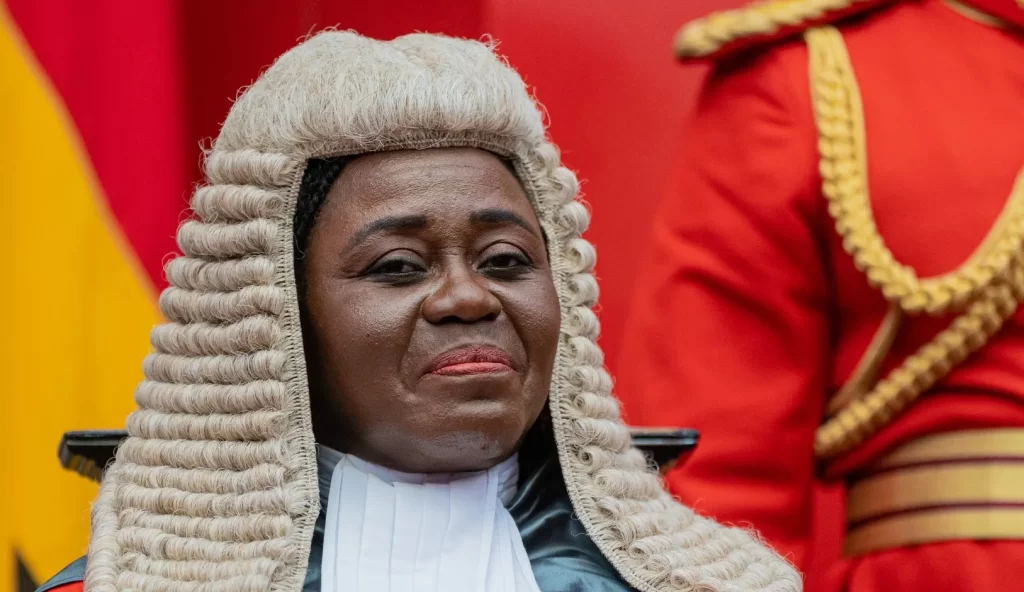Democracy and Development Fellow at the Ghana Centre for Democratic Development (CDD), Professor Kwaku Asare, has suggested to Chief Justice Gertrude Torkornoo to consider hearing cases without the physical presence of plaintiffs and respondents.
According to him, this would allow room for the judiciary to render verdicts on cases efficiently and save them from spending too much time and energy on each case.
Speaking on Joy FM’s Top Story on April 8, he said that the court’s tendency to schedule all cases causes delays in hearing cases, affecting their effectiveness.
“I also think that our courts tend to want to schedule hearings for almost every case that is filed. That is unfortunate, especially in an appellate court such as the Supreme Court.
“When the parties have filed their briefs, it is acceptable. Here in Florida where I practice, seldom do you see who your appellate justices are.
“You file your briefs and then some weeks after you get a note that your judgment is ready. They read the briefs and they come out with their decision,” he said.
Professor Asare explained that this would also make it easier for the court to deliver verdicts on related cases at the same time.
This way, it would end the suspicion in the minds of Ghanaians that the justice system was biased.
“So if you take the two injunctions that were filed at the Supreme Court, justices of the Supreme Court could have ruled on both at the same time and can rule now without having the parties appear before them.
“We know from several precedents what this decision should be and I think it has to also be made clear that it is extremely difficult for an individual to injunct either the Executive or the Parliament. The court should make that very clear.
“If you don’t make that clear and there are two similar cases, you address one and don’t address one, I don’t care how many times you talk, people are still going to have that perception,” he said.
His comments follow the recent concerns raised by the Minority in Parliament that the Supreme Court was biased when it granted an expedited hearing to the Rockson-Nelson Defeamekpor lawsuit, which sought to prevent Parliament from vetting ministerial nominees.
The minority argued that the Richard Dela Sky case which sought a declaration that the Human Sexual Rights and Family Values Bill, commonly known as the anti-gay bill, is null, void, and of no effect, was filed weeks before the Defeamekpor case, but a date for that case had not been set yet the latter was expedited, heard, and a verdict delivered.
Read also: We did no wrong – Chief Justice
However, Justice Torkornoo has since explained that she granted the Attorney General’s request for an expedited hearing because it was an issue impacting governance, and the court was then preparing to go on Easter break.
DISCLAIMER: The Views, Comments, Opinions, Contributions and Statements made by Readers and Contributors on this platform do not necessarily represent the views or policy of Multimedia Group Limited.


